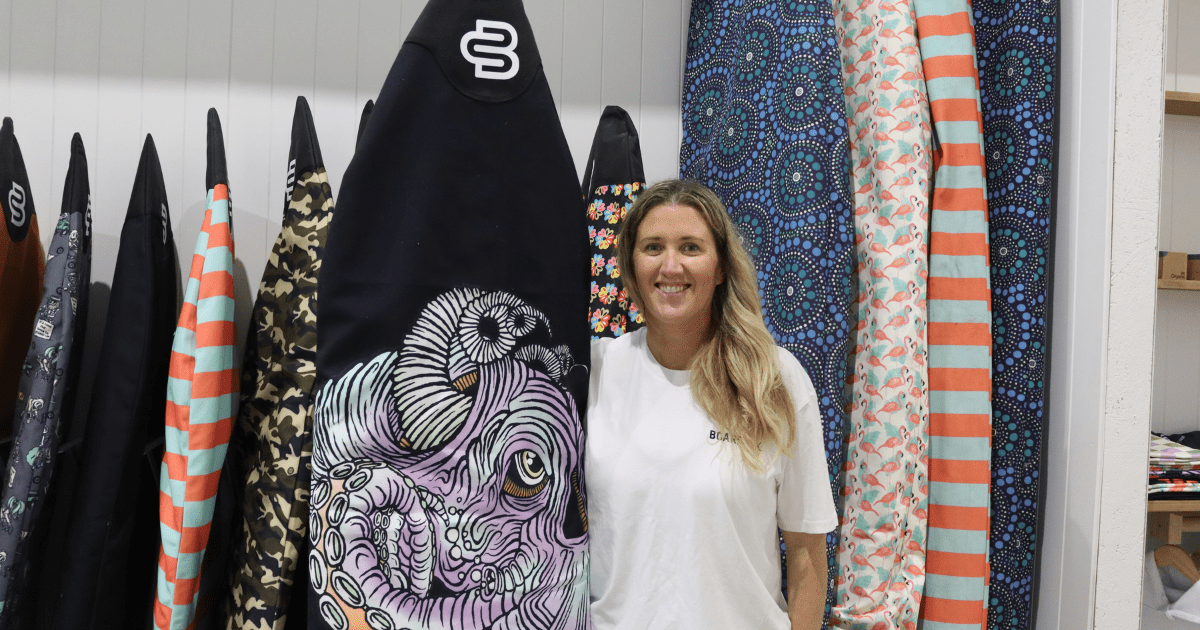Aussies care about mental health but not privacy

When selecting health apps, Australians prioritise ease of use, availability of a free plan, and content rather than security. Photo: UNSPLASH
A survey has found three-quarters of Australians are using technology to support their mental health, but most of those are at risk of losing their data.
Cybersecurity company NordVPN surveyed almost 13,000 people from 13 countries to find out how people use technology to support their mental health.
According to the survey, every third (34 per cent) person in Australia is doing so by using their smartphone to work out (24 per cent), to track their sleeping patterns (23 per cent), or the amount of water they drink (19 per cent).
However, research also showed eight in 10 Australians who used mental health apps used free ones, and these users may be oblivious to free apps’ privacy issues and how their sensitive information could be seen by strangers.
“Our survey showed that more than half of Australian health app users provide health information to the apps, such as blood pressure, eating habits, weight, and medical conditions,” NordVPN cybersecurity expert Adrianus Warmenhoven said.
“This also includes mental health data, such as that about moods, habits, and even thoughts. Storing this sensitive information in poorly secured free apps puts it at risk.”
A recent report discovered 90 per cent of mental health apps did not meet the minimum privacy standards.
Earlier this year, the US Federal Trade Commission fined digital healthcare platform BetterHelp $7.8 million after its creators were caught sharing users’ private data with third parties, such as marketing firms and insurance companies.
“The biggest issue we see is that only a third of survey respondents in Australia care about privacy policies while choosing a mental health app,” Mr Warmenhoven said.
“This means that most users don’t know where their data may end up or how it can be used against them.”
The survey showed 97 per cent of Australian use technology to unwind or relax.
Six in 10 Australians listen to relaxing music daily, while four in 10 communicate with friends and family through messaging apps for emotional support.
A third of respondents admitted to using smartphone apps to promote emotional wellbeing.
The survey identified several popular mental and physical health apps widely used in Australia, including Calm (14.8 per cent), MyFitnessPal (14.8 per cent), Healthengine (9.1 per cent), Qantas Wellbeing (8.4 per cent), and Strava (7.1 per cent).
While an app being free is not necessarily a red flag, it often includes users exchanging sensitive personal data for the app’s services.
Information sold to advertisers and data brokers could include topics such as fertility, mental illness, and sexual orientation.
“Data like this can be used to create detailed user profiles containing sensitive information that could potentially be used to discriminate against someone or exclude them, like by denying them insurance or job opportunities based on their physical or mental health,” Mr Warmenhoven said.
The survey showed that people in Australia, like in most other countries, value low prices over the safety of their data.
When selecting health apps, Australians prioritise ease of use, availability of a free plan, and content. Security features such as multifactor authentication (MFA), app developers, and encryption rank lower.
For the full survey, head to nordvpn.com/research-lab/mental-health-study

















